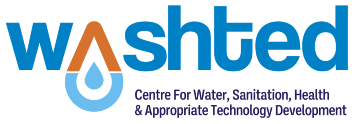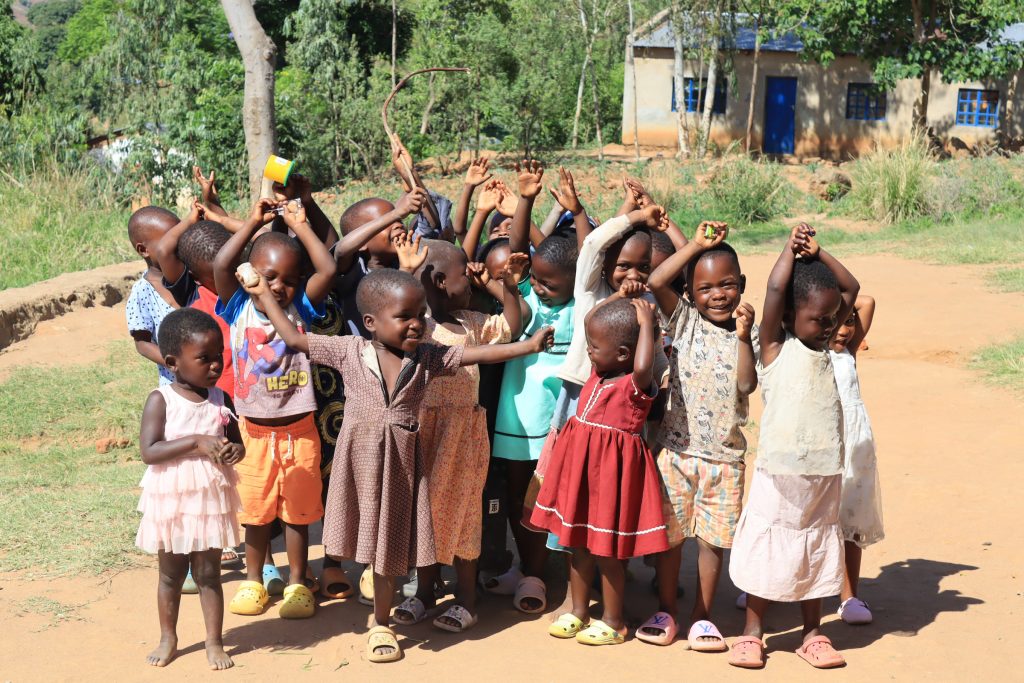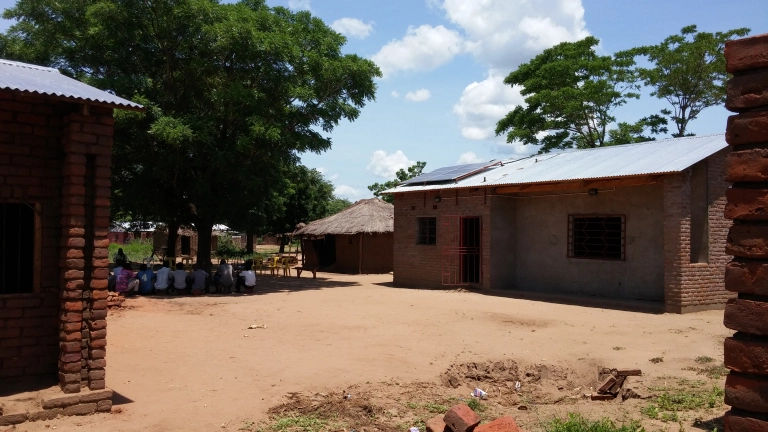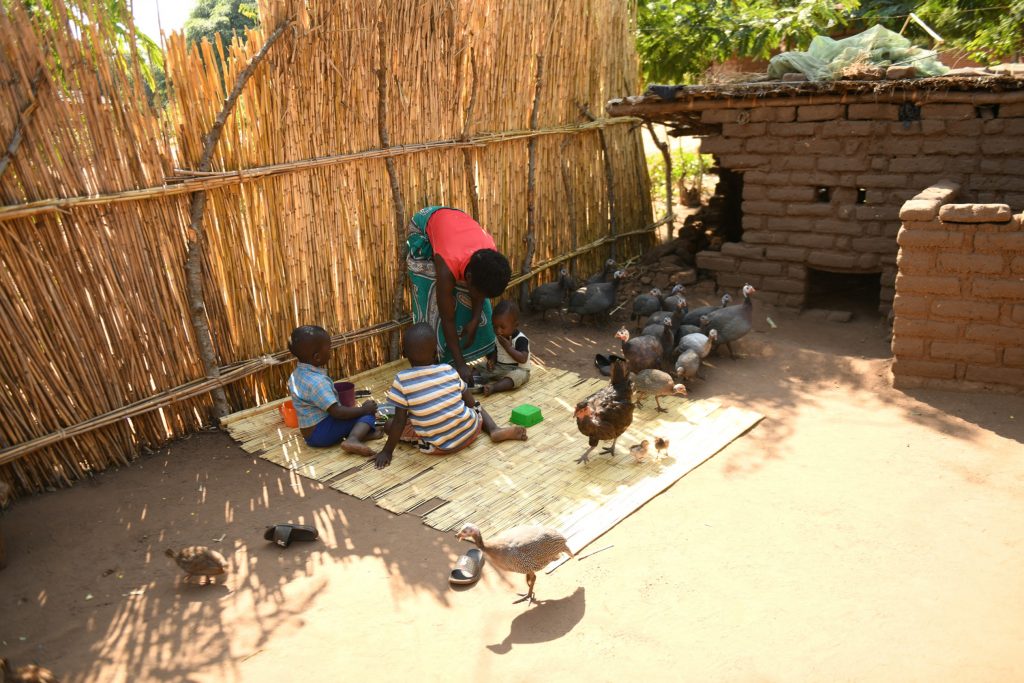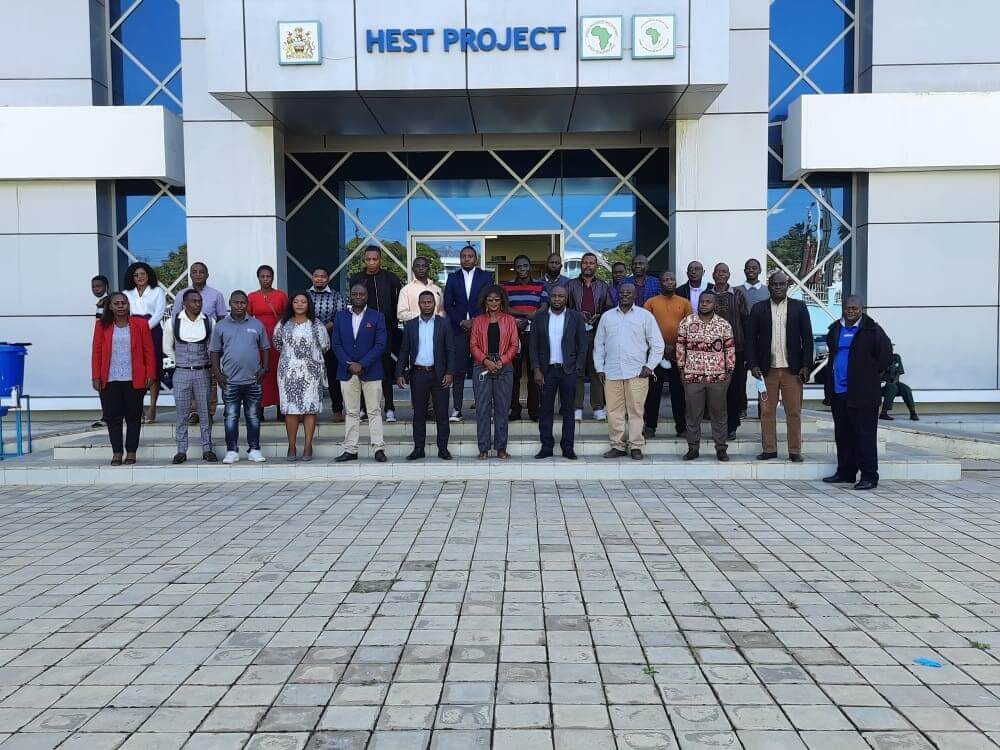The Reckitt Global Hygiene Institute’s (RGHI) Early Childhood Development (ECD) project is a three-year study (2024-2026) aimed at developing and testing an ECDC-based intervention to improve hygiene behaviors in both ECDCs and home environments. The project will be implemented in collaboration with the University of Strathclyde and the London School of Hygiene and Tropical Medicine (LSHTM).
The project focuses on creating clean surroundings, promoting handwashing, and ensuring food hygiene. The study will be implemented in three phases:
Phase One: Rapid Assessment and Formative Study (June 2024-May 2025)
This phase will involve a rapid assessment and formative study targeting Early Childhood Development Centers and affiliated households. The study will explore current practices and determinants of three main hygiene behaviors: Hygienic Environment (Clean Sorrroundings), Handwashing with soap and Food Hygiene
Phase Two: Feasibility Study (May 2025-December 2025)
Using information gathered in Phase One, the research team will co-design an intervention responding to the local context of ECDCs. A transdisciplinary human-centered design approach will be used to co-design and test the intervention.
Phase Three: Cluster Randomized Trial (January 2026-December 2026)
This phase aims to assess the effectiveness of the modified ECDC intervention. The designed intervention will be tested for seven months through a cluster randomized controlled trial.
